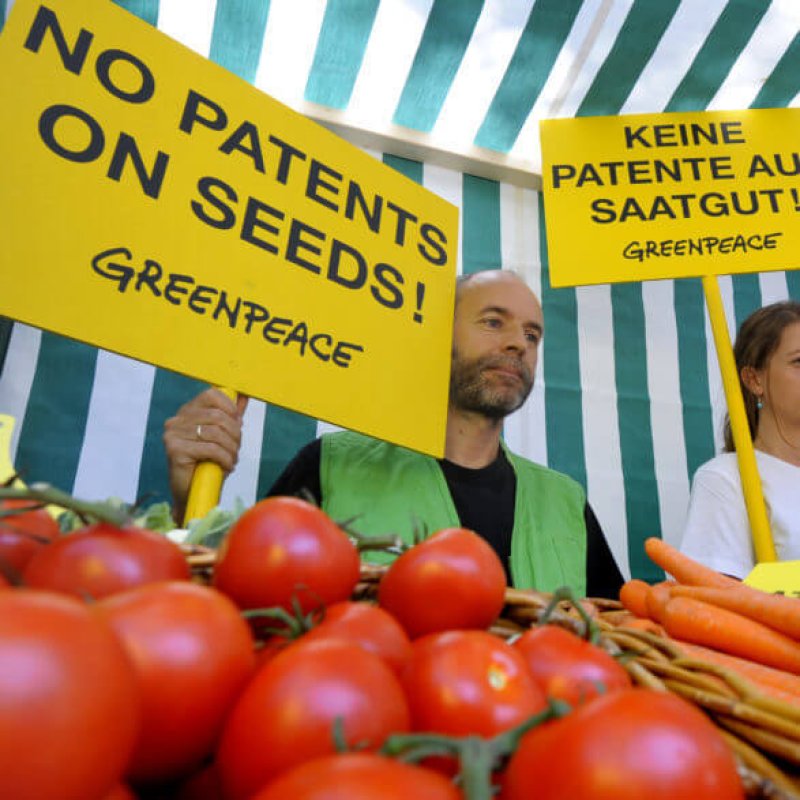[Editor’s note: “Fallacy Man” is the pseudonym for a PhD biology student who blogs at The Logic of Science.]
[“It’s morally wrong to patent food”] is one of the most common arguments against GMOs that I encounter (as well as related attacks on Monsanto), and it is frequently accompanied by claims like, “I am not anti-GMO, but…” or “I accept that GMOs are safe, but…” In reality, however, this argument is usually nothing more than an excuse designed to protect people’s ideology, misplaced fears, and, yes, denial of science.Patents aren’t limited to GMOs
[T]he ability to patent crops is not unique to GMOs, nor is it a result of them. In the US, the first piece of legislation that made it legal to patent crops was the Plant Patent Act that was passed in 1930, over half a century before the first GMO crop.…
The organic industry (and yes, it is a multi-billion dollar industry) also patents plants.
Patenting a GMO shouldn’t be different from patenting anything else
Producing a new crop is very expensive, especially for a GMO. It takes millions or even billions of dollars to research and develop a new product, and that is money that company has to invest up front with the expectation that they will be able to turn a profit later. Thus, patents are a way of allowing companies to get a return on their investment. This is true for all patents, and in most areas, people have no problems with that. No one says that Apple is evil because the patent the technology for each new iPhone rather than giving its technology away freely.
The GLP aggregated and excerpted this blog/article to reflect the diversity of news, opinion, and analysis. Read full, original post: “It’s morally wrong to patent food:” Inconsistent reasoning at its finest































